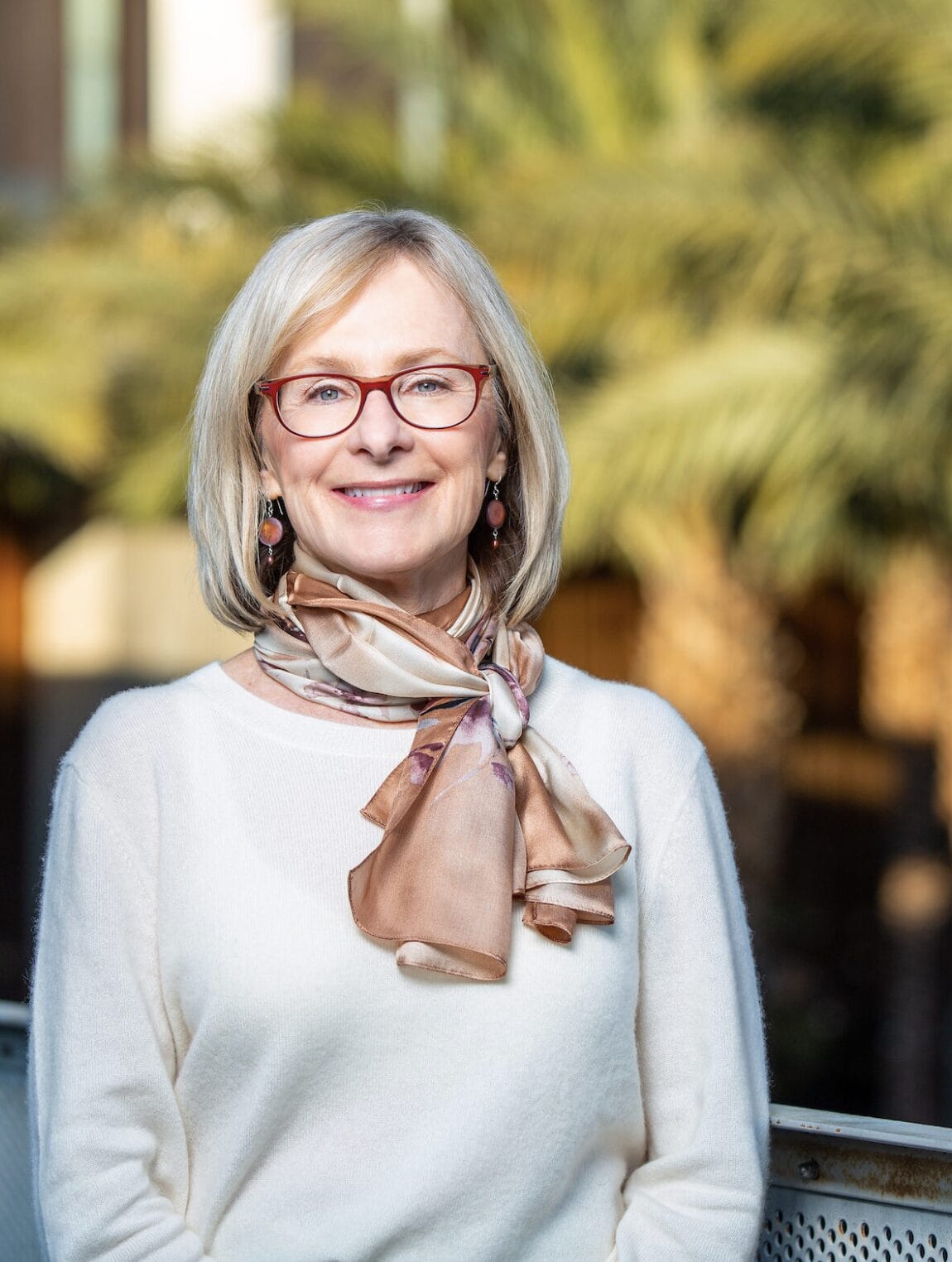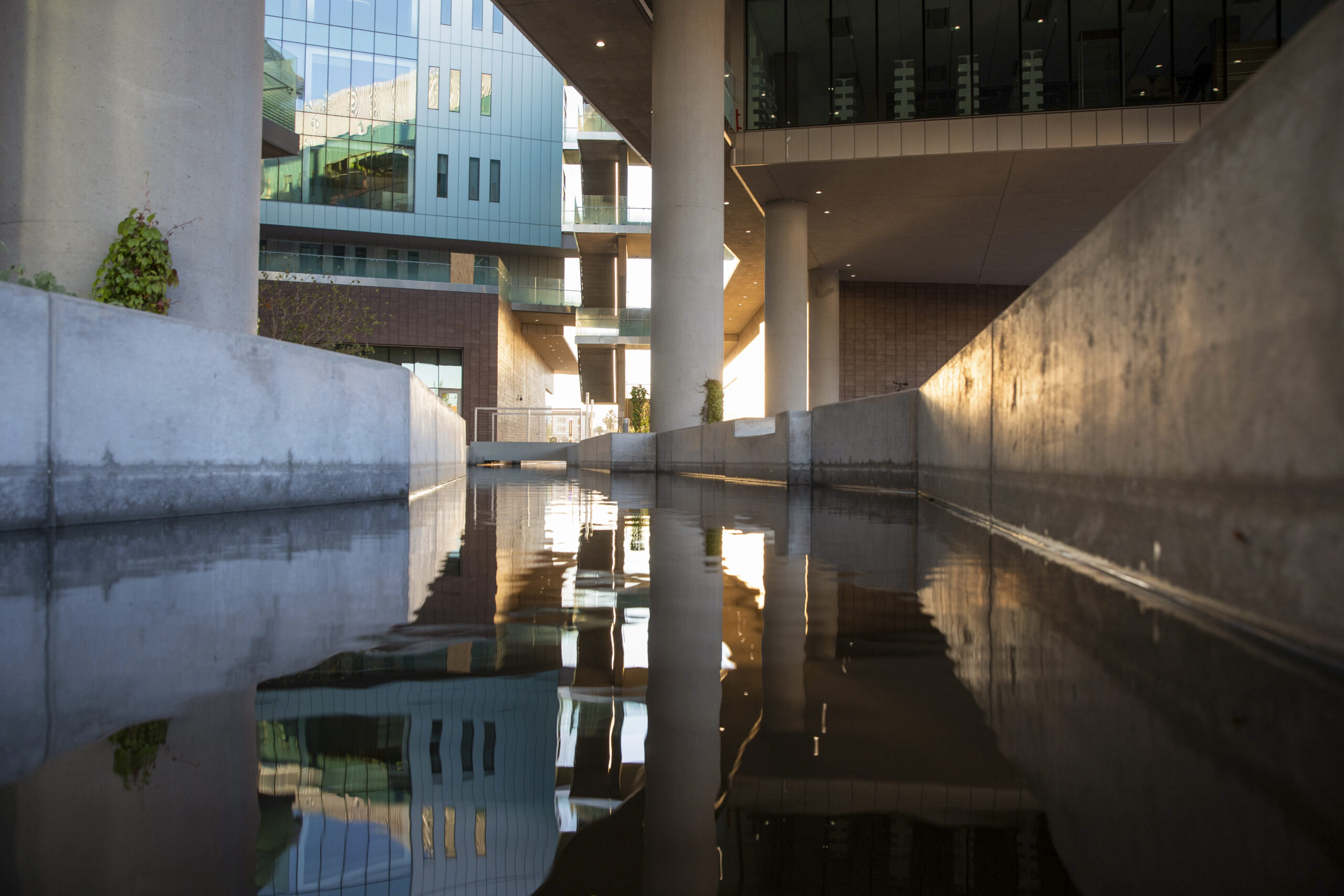Networking the human sciences: Humanities, social sciences and sustainability sciences
In 2024, after a decade of field-building leadership, the Environmental Humanities Initiative rebranded under the name of its most successful project, the Humanities for the Environment Global Network.
Still expanding, HFE links eight “Observatories” on five continents to network universities building arts and humanities-inclusive partnerships and cross-regional projects that promote new ways of sharing knowledge, building a just and sustainable world and innovating research and action to deliver the United Nations Sustainable Development Goals.
Humanities for the Environment aims to broaden sustainability science…
by bringing multiple forms of knowledge—including the arts, literature, history, philosophy and traditional Indigenous knowledges–to bear in efforts to meet the challenges of the global sustainability agenda.
HFE includes observatories located on five continents and eight regions around the world. The North American Observatory, which hosts the international website of the network, is located at ASU. HFE is globally recognized as one of three co-founders of UNESCO-MOST BRIDGES, the world’s first humanities-driven sustainability coalition focused on solving the social problems highlighted by the United Nations Sustainable Development Goals.


Mission and vision
In the tradition of what the French have called “sciences humaines”, the Germans called “Geisteswissenschaften” and Indigenous scholars called “Traditional Ecological Knowledges” or traditional scientific literacies, the HFE North American Observatory brings together humanists and social scientists who engage with the histories of our fields, including literary criticism, critical theory, history, philosophy, sociology, psychology, anthropology, political science, linguistics, art history, law and religion and the interactions between them.
Affiliates of HFE draw on anticolonial, antiracist, feminist and intersectional scholarship and diverse cultures and ontologies in order to provide a better picture of “humans” in all their global diversity, deep histories and complex interrelationships. They seek a future in which humans and nonhumans thrive in intergenerationally just and equitable relationships. HFE contributes to the mission of the Global Futures Laboratory by offering conceptual clarification, theoretical analyses and critical explorations of who “humans” are, how they live, what motivates them, how they imagine and work for change, respond to risk, live in relationship to the nonhuman and plan for the future.
Quote from the founding director

Humanists raise questions: Must we continue on this path? Can we imagine a shift in course? Environmental humanists encourage us to develop ‘prospect’ on human relationship to the planet instead of seeking ‘progress’ for the sake of progress. Prospect suggests vision and the possibility of something auspicious on the horizon.
Environmental humanists encourage us to understand biogeophysical systems, cultivate broader prospectives, envision auspicious futures, and participate imaginatively in shifting the narrative about who we are, where we are going, and how we will get there.Joni Adamson President’s Professor and Founding Director, Humanities for the Environment Global Network – North American Observatory, Distinguished Global Futures Scholar, Global Futures Labratory
